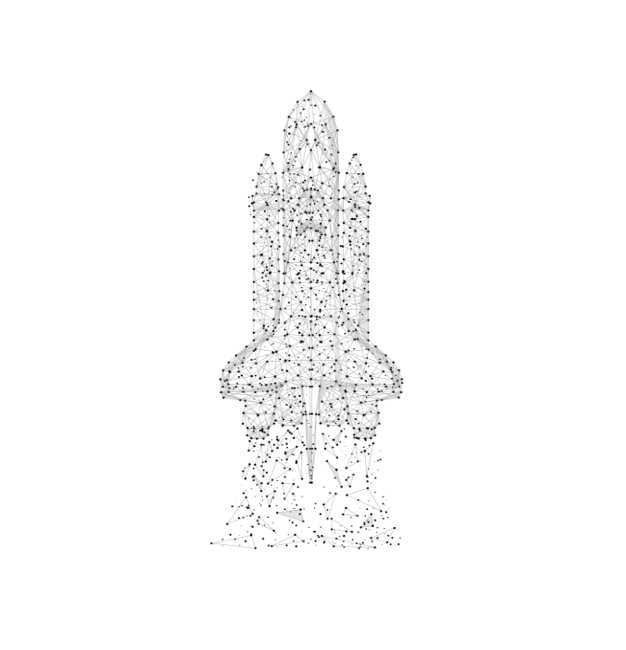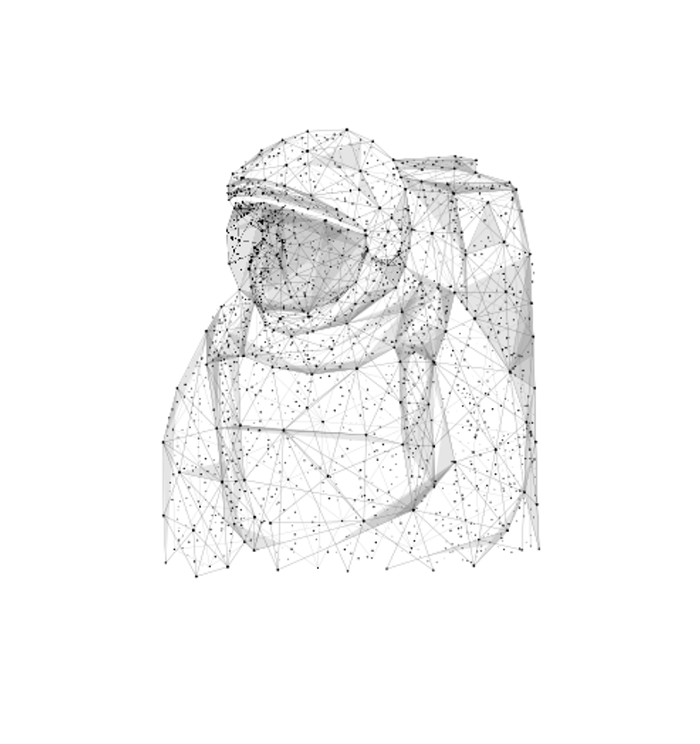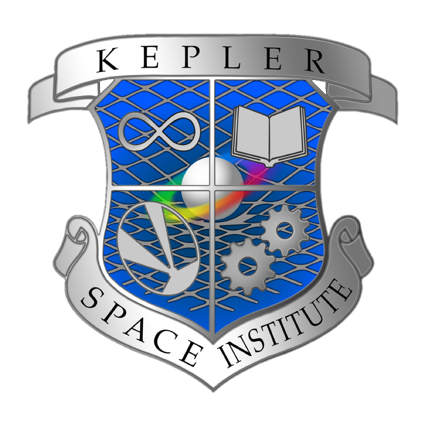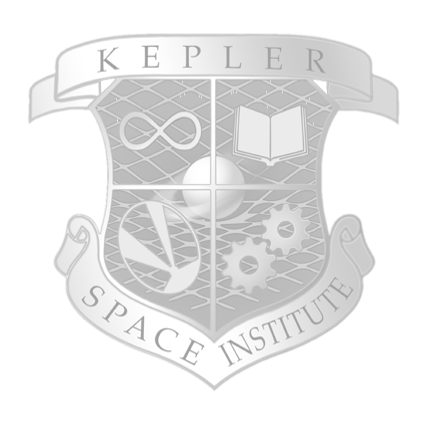Sustainability & Stewardship

Imagine a future where space habitats function as self-contained ecosystems, sustaining life and resources without relying on Earth. At Kepler, we are at the forefront of designing and developing innovative self-sustaining space architecture. These habitats incorporates space technologies that enable recycling of air, water, and waste, cultivating food sources, and reducing our ecological footprint. Our mission is to create a blueprint for sustainable living beyond Earth, revolutionizing the way we living and work in space.

Space debris poses a significant challenge to the safety and sustainability of space activities. We take an active role in responsible space debris management. Our experts develop state-of-the-art technologies and strategies to track, monitor, and mitigate space debris, safeguarding critical infrastructure and ensuring the long-term viability of space missions. By fostering international collaboration and promoting responsible practices, we are committed to preserving the celestial realm for future generations.

As we venture into the unknown reaches of space, we understand the importance of minimizing our impact on the environment. That’s why we prioritize the use of clean energy sources in our space missions. Through advanced solar power systems, energy storage technologies, and efficient propulsion systems, we harness the abundant energy of the sun to power our spacecraft, habitats, and scientific instruments. By reducing our reliance on traditional energy sources, we pave the way for a greener and more sustainable future for space exploration.

We believe in the ethical exploration and preservation of celestial environments. Our university advocates for the protection of all celestial bodies, adhering to guidelines that prevent contamination and preserve their scientific, cultural, and historical value. By instilling a deep sense of stewardship in our students, we foster a commitment to responsible exploration of the solar system and beyond.

The integration of artificial intelligence (AI) revolutionizes space exploration, and we embrace its potential to unlock the next frontiers. We harness the power of AI to analyze vast amounts of data, enhance autonomous systems and robotics, and optimize mission planning. By combining human ingenuity with AI capabilities, we accelerate scientific discoveries, improve mission success rates, and enable us to expand into space.

